Certifications
Our qualified, equipped and engaged experts know that exceptional customer service centers on carefully listening and attending to each individual customer’s needs. We strive to deliver quality testing and inspections in a timely manner with clear and accurate data.
We Are The Source
For Innovative, Unified Solutions
Certified Tank Inspections
Full-service Storage Tank inspection services as required by API-653, STI SP001, & NAPA including NDT/NDE
NDE Inspections
Our advanced NDE Inspectors and Technicians are certified in their respective methods to the highest industry standards such as API QUTE & QUSA
Risk Based Inspections (RBI)
Prioritize inspections based on risk for increased safety, less downtime.
Integrity In Engineering
Our wide range of certifications qualifies us to offer quality inspections at a competitive price to those in the Pharmaceutical, Chemical Plant, Aerospace, Manufacturing, Automotive, Oil Refinery, and Fixed Equipment industries. We specialize in Risk-Based Inspection (RBI) implementation and hold certifications in the following:
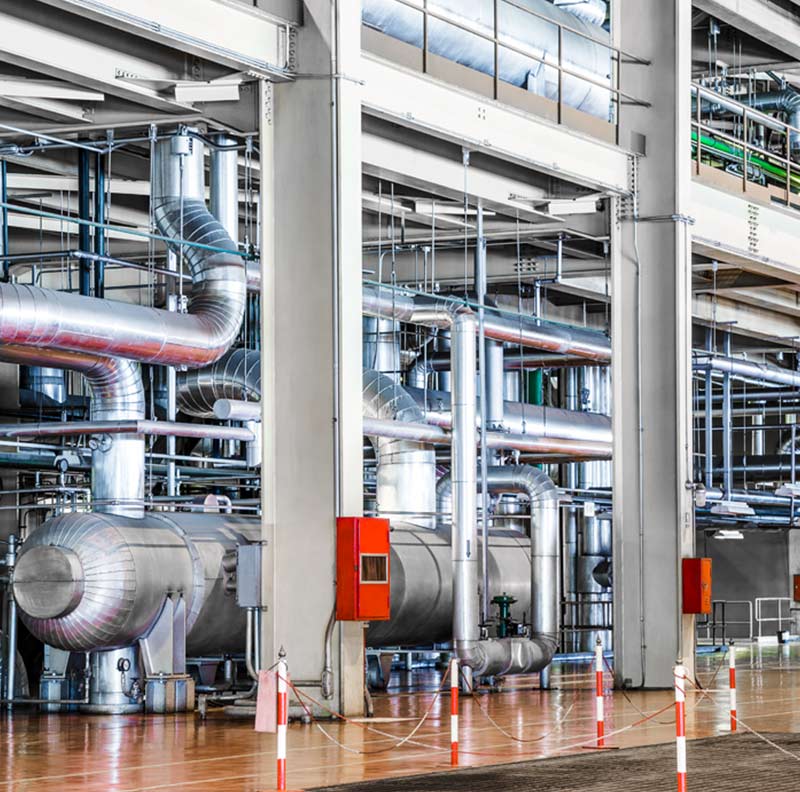
- Advanced NDE/NDT
- Traditional NDE/NDT
- Visual Inspection Certifications
Advanced Non-Destructive Testing/Examination (NDE/NDT)
- API-QUPA Qualification of Ultrasonic Testing Examiners (Phased Array)
- API-QUTE Qualification of Ultrasonic Testing Examiners (Detection)
- STI-SP001 Shop and Field Built Above Ground Storage Tanks
- SNT-TC-1A Ultrasonic Testing (UTSW & PAUT)
- SNT-TC-1A Radiographic Testing (RT)
- SNT-TC-1A Eddy Current Tube Inspection (ET)
- SNT-TC-1A Visual Testing (VT)
- SNT-TC-1A Open Vision Real-Time Radiography (OV)
Traditional Non-Destructive Testing/Examination (NDE/NDT)
- SNT-TC-1A Certified Ultrasonic Thickness Testing (UT-L)
- SNT-TC-1A Certified Magnetic Particle Testing (MT)
- SNT-TC-1A Certified Dye Penetrant Testing (PT)
Visual Inspection Certifications
- API-510 Pressure Vessel Inspector
- API-570 Piping Inspector
- API-653 Aboveground Storage Tank Inspector
- API-571 Corrosion and Materials
- API-580 Risk Based Inspection
- API-936 Refractory Personnel
- NACE CIP Level I Coatings Inspector
- NACE CIP Level II Coatings Inspector
- NACE CIP Level III Coatings Expert
What We Do
Plant & Refinery Solutions
No matter your size or location, our experts can help you.
1
We Serve
Downstream
Consulting to storage tank inspections, we love helping small businesses.
2
All Sizes
Midstream
From asphalt plants to Pharmaceutical manufacturing, we’re here to help.
3
Small To Large
Upstream
We have the staff and certifications for large scale refineries and plants.
Trusted By

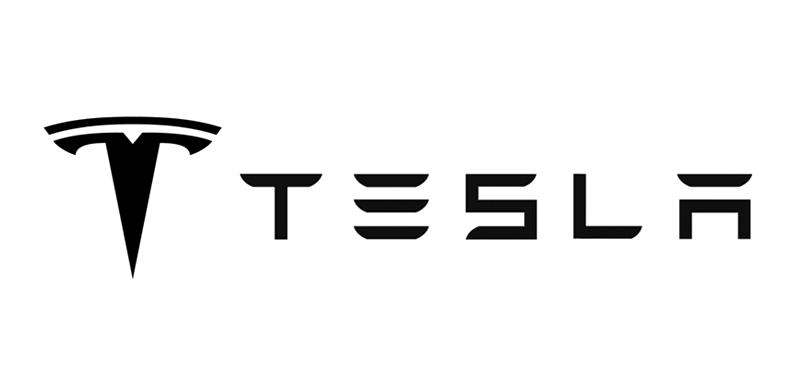

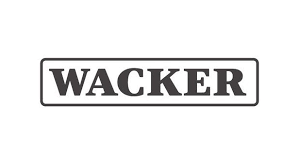


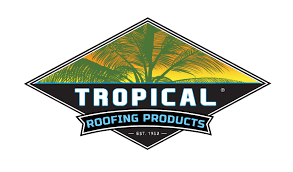
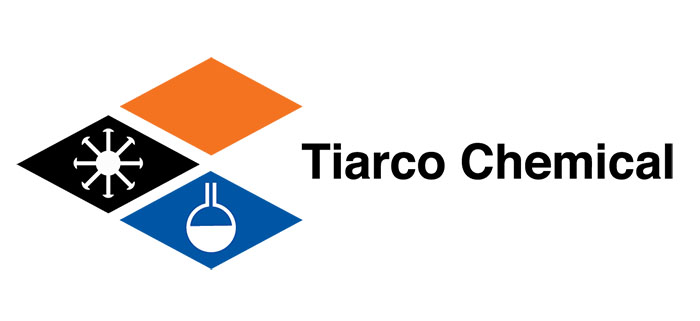
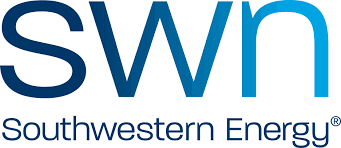
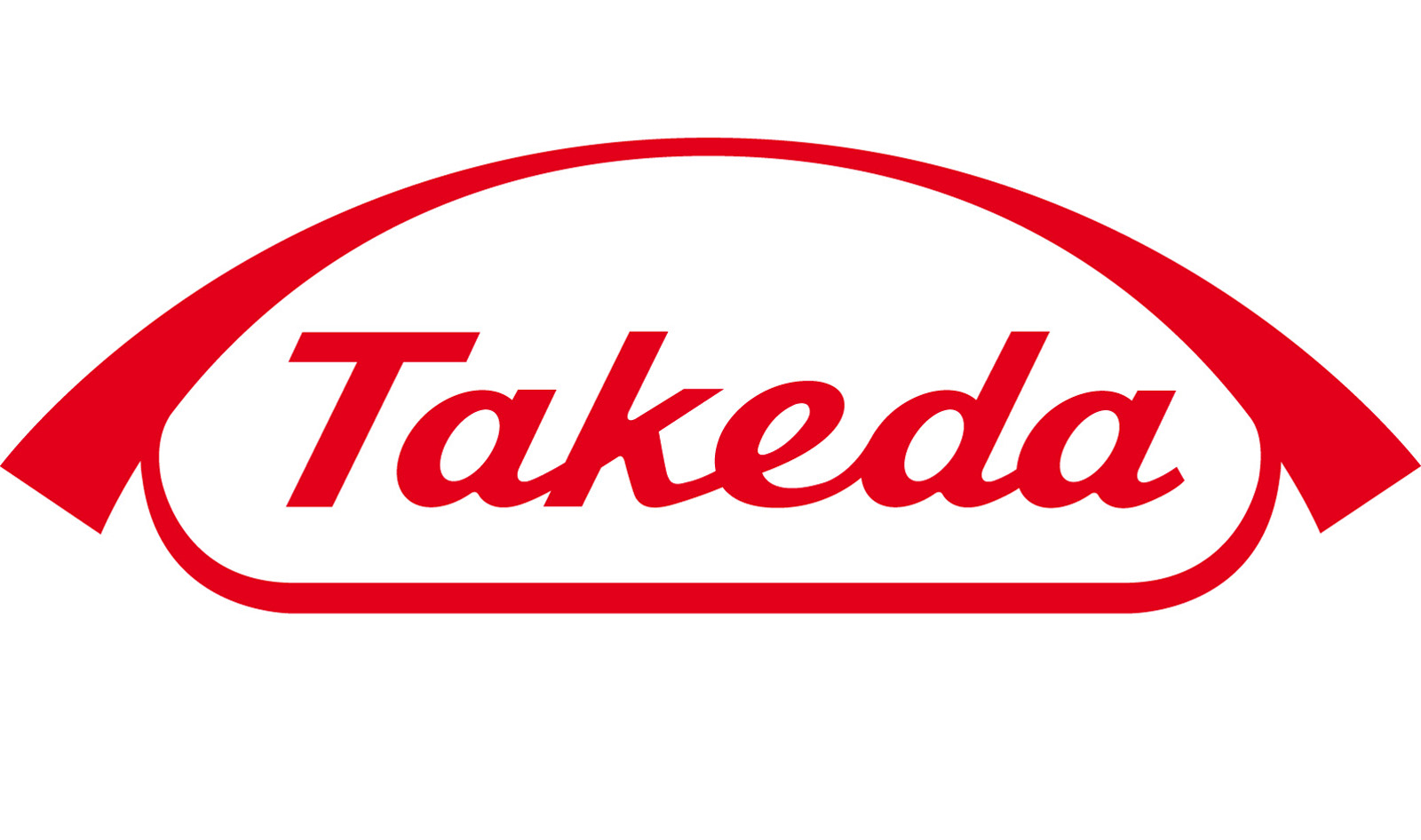
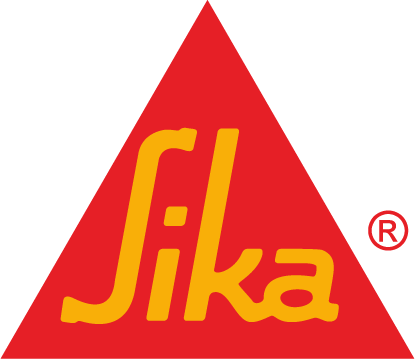





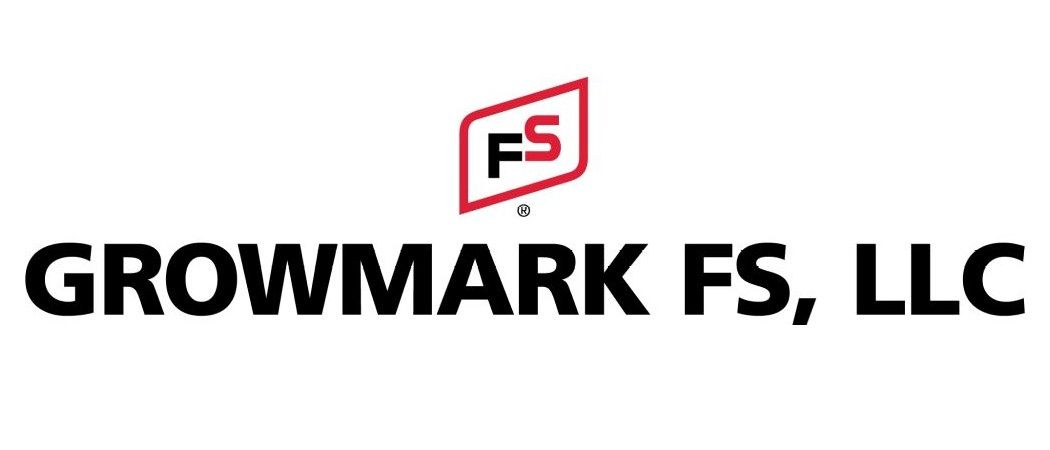

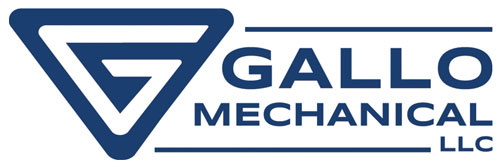
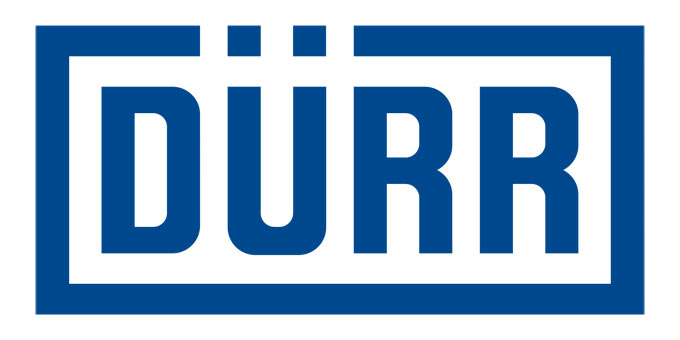
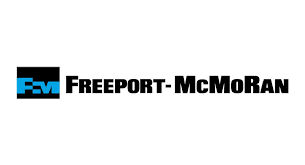

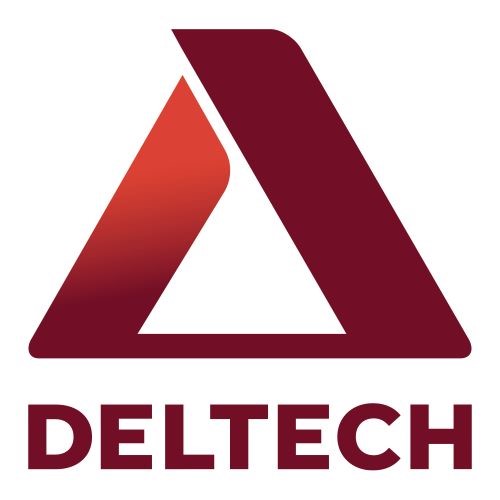


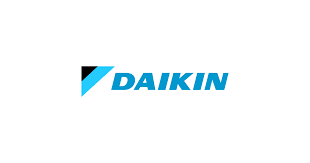
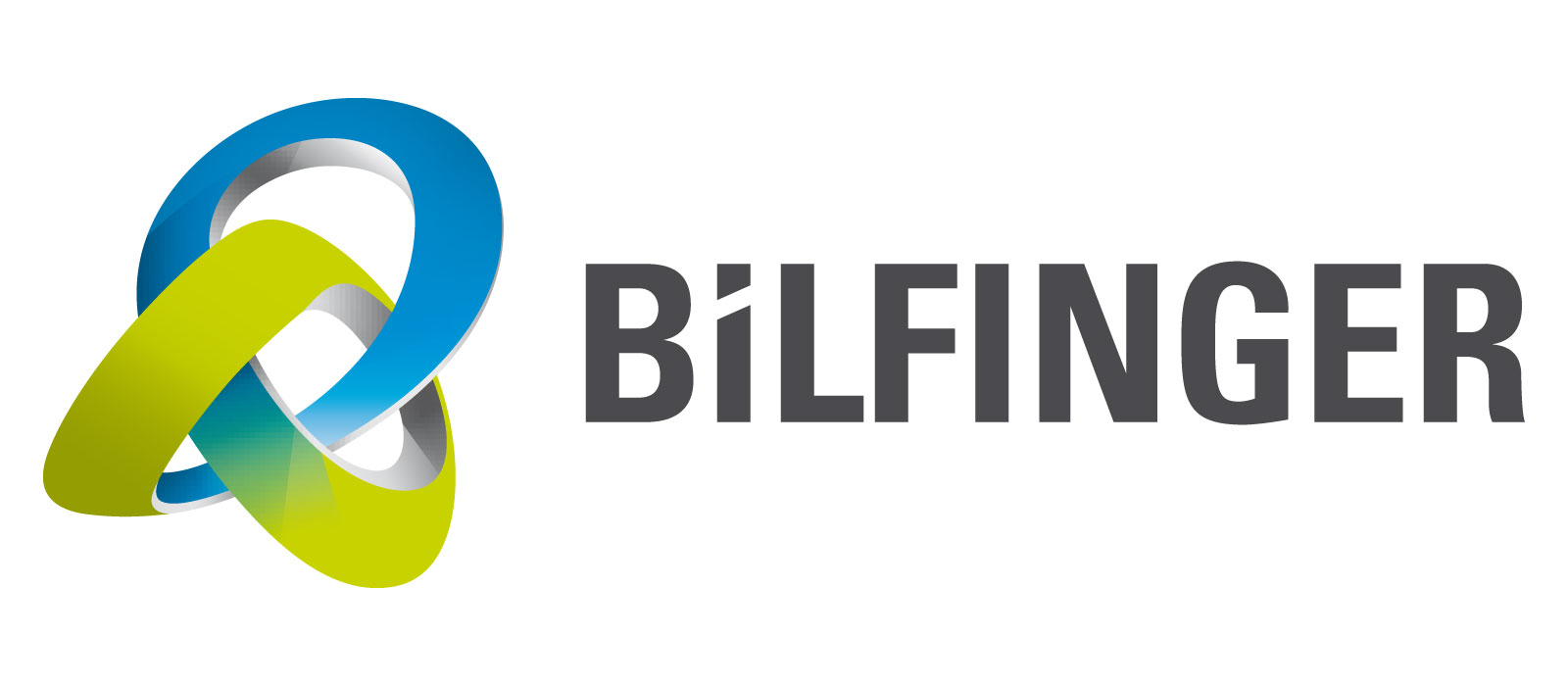
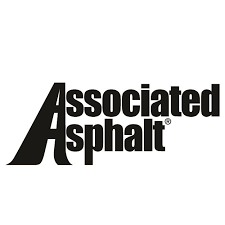
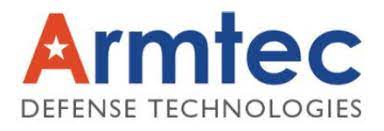


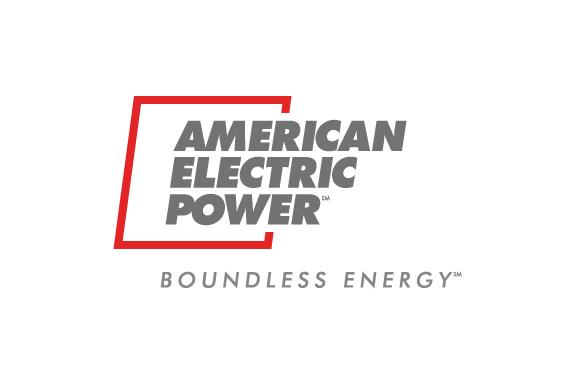
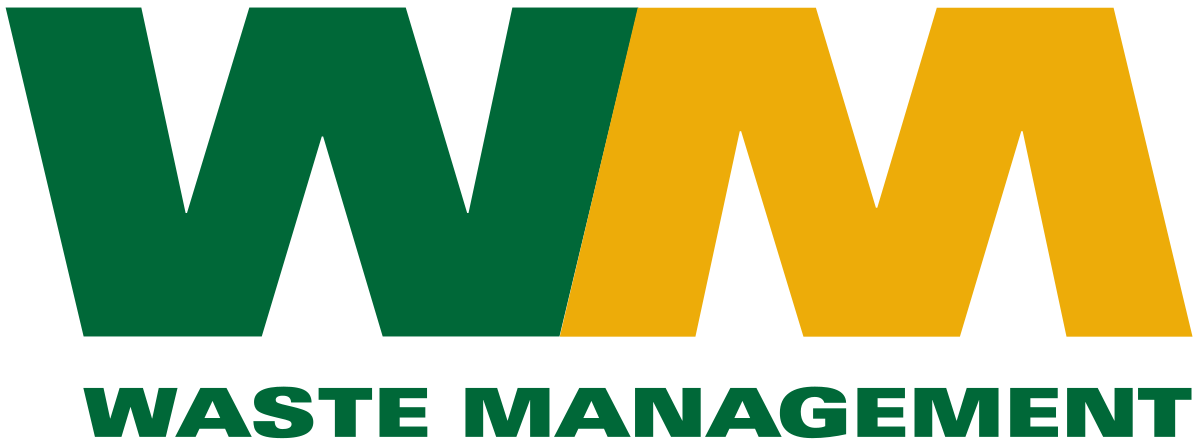
Client Success Stories
Hear from Our Satisfied Customers
Success Stories
Our Proudest Accomplishments
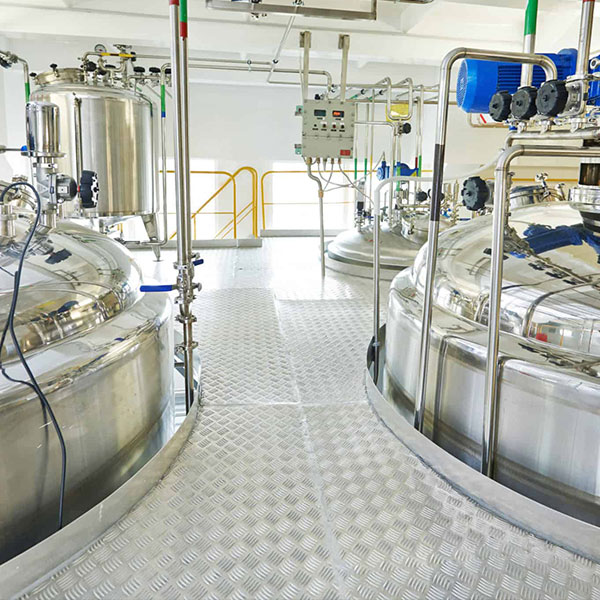
Pharmaceutical RBI
We establish a mechanical integrity program to ensure the safety and reliability of what they produced and to provide ongoing risk assessment.
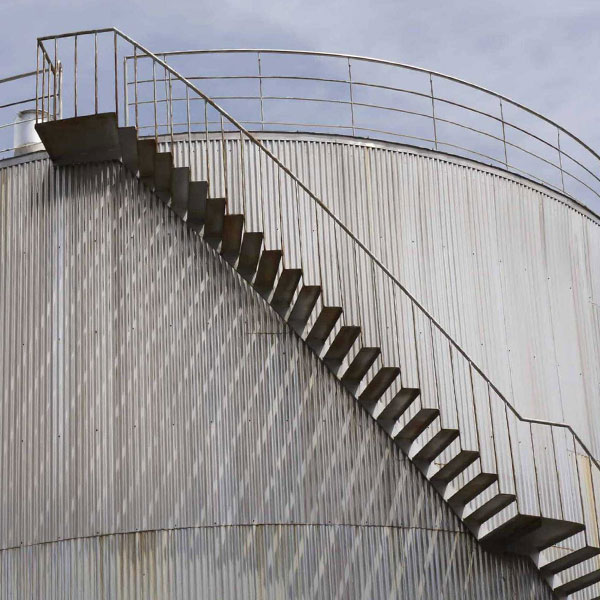
Asphalt Plant Tank Inspections
IKO had a massive 120’ diameter tank that needed to be inspected. This one had four inches of asphalt covering the bottom.
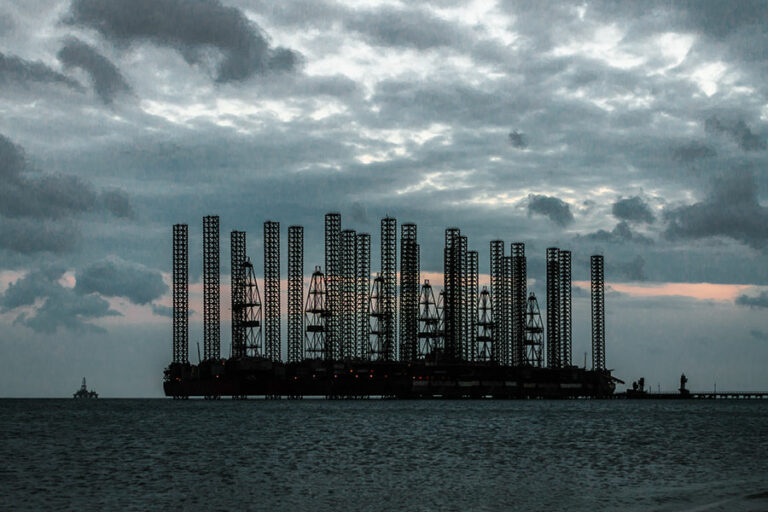
Offshore Platform Installation
Lorem ipsum dolor sit amet, consectetur adipiscing elit, sed do eiusmod tempor.
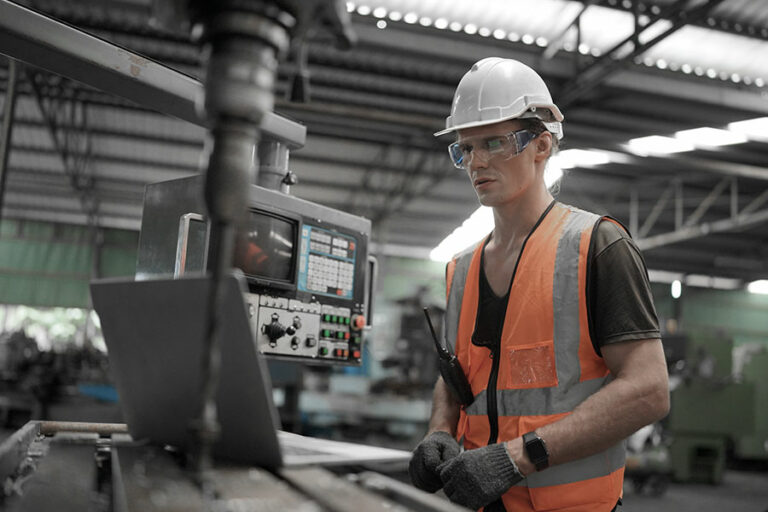
Construction and Maintenance
Lorem ipsum dolor sit amet, consectetur adipiscing elit, sed do eiusmod tempor.
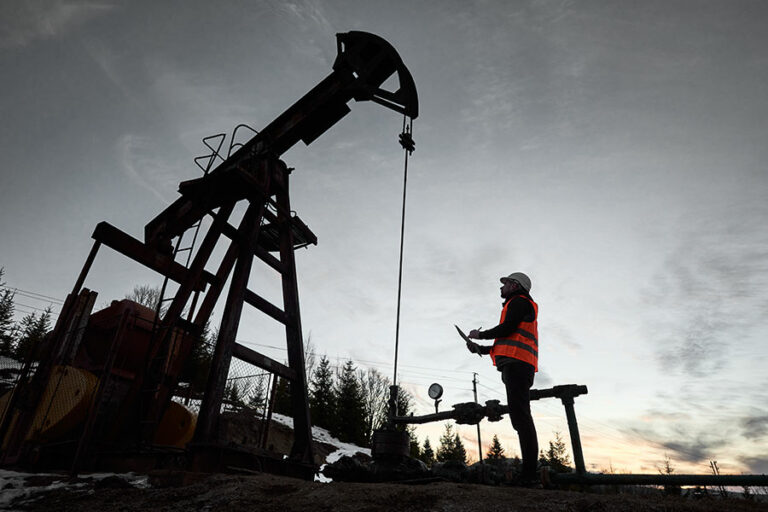
Upgrades and Modernization
Lorem ipsum dolor sit amet, consectetur adipiscing elit, sed do eiusmod tempor.
